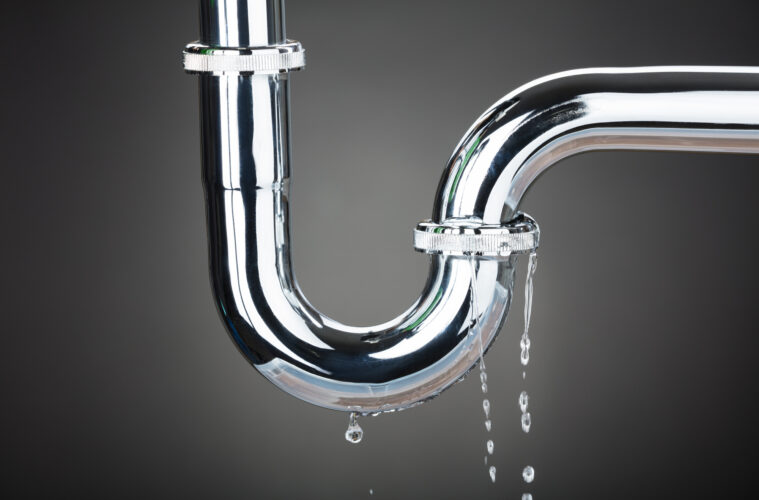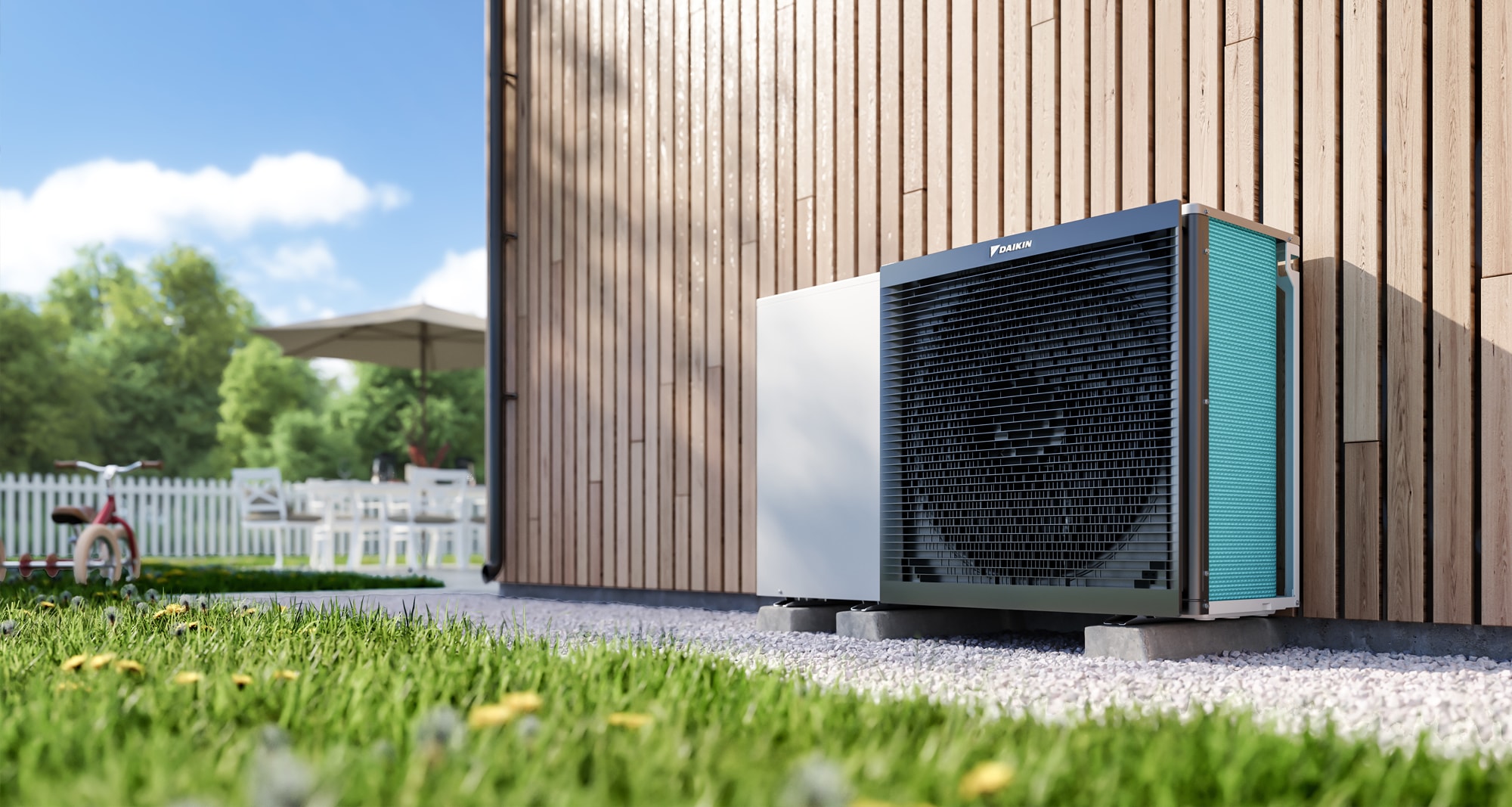Introduction
As winter approaches, homeowners must prepare for the challenges that cold temperatures can pose to their plumbing systems. Winter plumbing emergencies can range from frozen pipes to drain issues, and knowing how to handle these situations can save you time, money, and potential damage to your home. This article will discuss common winter plumbing emergencies and when calling an emergency plumber for assistance is crucial.
Frozen Pipes
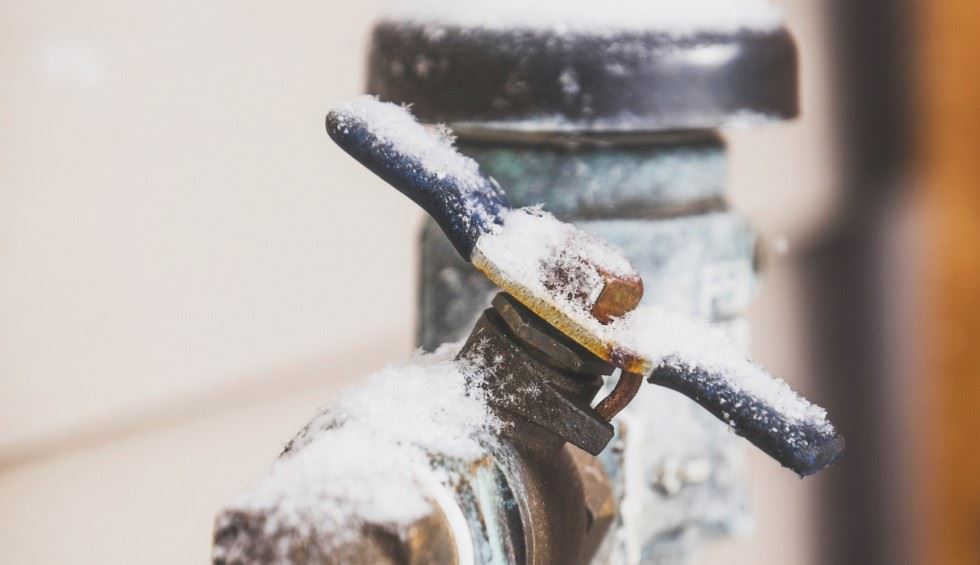
source: pinterest.com
Frozen pipes rank among the most frequently encountered plumbing crises during winter. When the water within your pipes solidifies due to freezing temperatures, it undergoes expansion, resulting in potential pipe ruptures. Signs of frozen pipes include reduced water flow or no water at all from faucets and unusual sounds coming from the plumbing system.
What to Do:
- Keep faucets open to relieve pressure.
- Use mild heat to thaw the frozen area, using a heating pad, hairdryer, or warm water-soaked towels.
- Call an emergency plumber if you can’t locate or thaw the frozen section yourself.
Burst Pipes
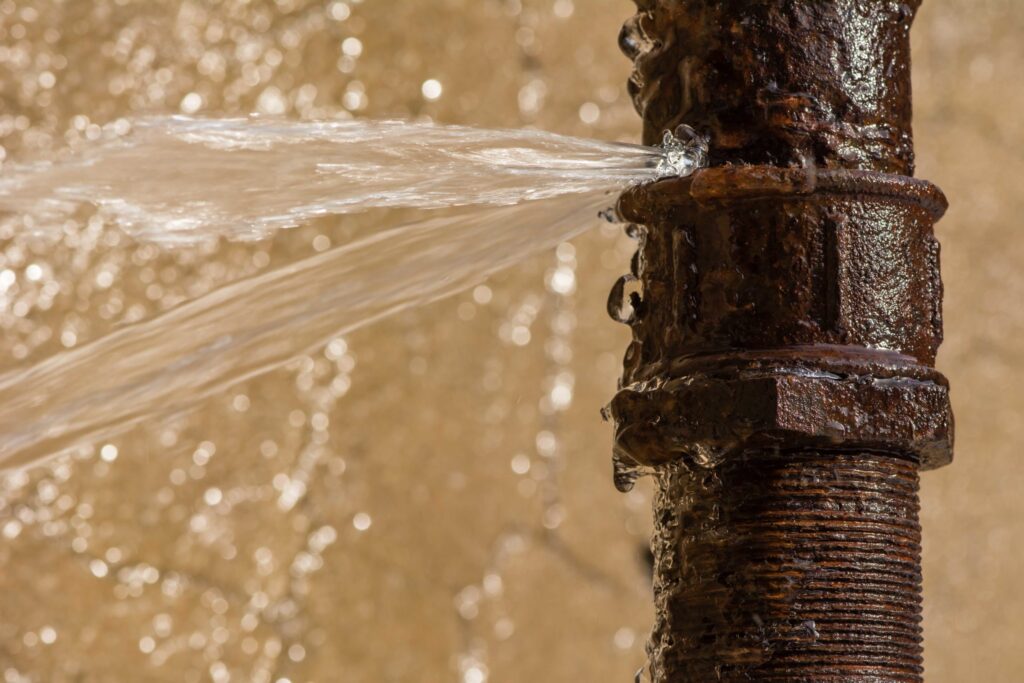
source: pinterest.com
Failure to promptly address a frozen pipe can result in bursting, leading to water damage and potential flooding. Burst pipes represent a critical plumbing emergency necessitating immediate action.
What to Do:
- Shut off the main water supply to your home.
- Reach out to an emergency plumber for the necessary repairs or replacement of the burst pipe.
Clogged Drains
Winter can increase cooking and holiday gatherings, putting extra strain on your plumbing system. Blocked drains can occur due to grease, food particles, or foreign objects trapped in the pipes.
What to Do:
- Clear chemical drain cleaners, as they can potentially harm your pipes.
- Instead, attempt to remove the obstruction using a plunger or a drain snake.
- If the clog persists, contact a plumber to perform drain repair.
Boiler or Water Heater Failure
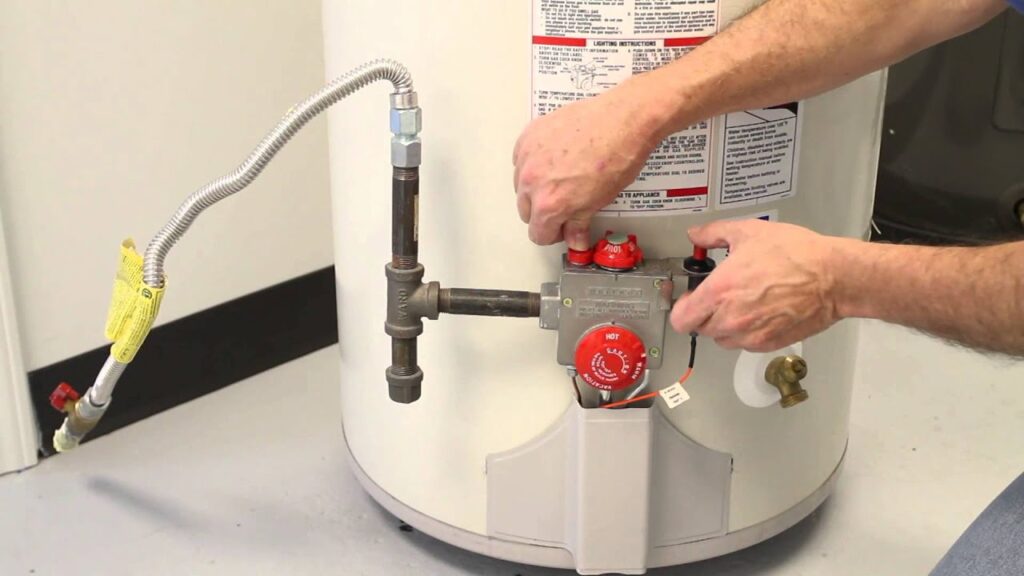
source: pinterest.com
Your boiler or water heater works overtime during the winter to provide hot water and maintain a comfortable indoor temperature. A malfunction in either of these devices can lead to discomfort and inconvenience.
What to Do:
- Check for pilot light issues (for gas heaters).
- Reset the circuit breaker (for electric heaters).
- If problems persist, call a professional plumber for repairs or replacement.
Sewer Line Backup
In cold weather, sewer lines are susceptible to freezing or blockages caused by tree roots or debris. A sewer line backup can lead to the return of sewage into your home, creating health risks and demanding immediate action.
What to Do:
- Avoid using toilets or drains if you suspect a sewer line backup.
- Contact an emergency plumber to assess and resolve the issue.
Sump Pump Failure
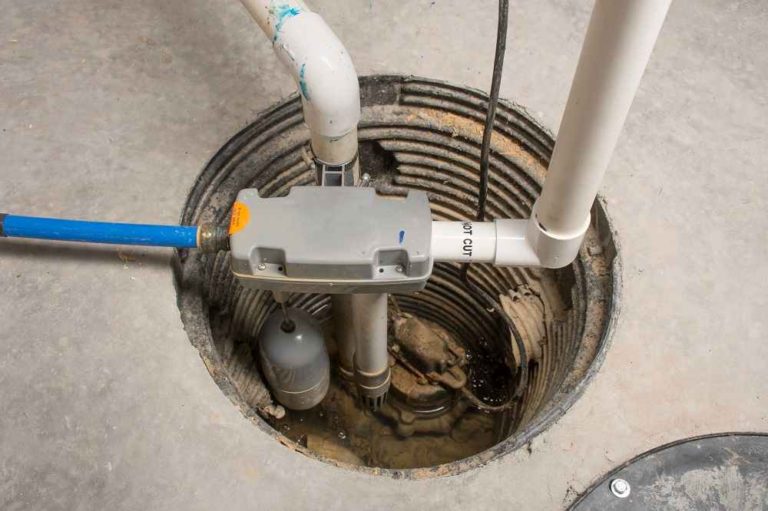
source: pinterest.com
A functioning sump pump is crucial for preventing basement flooding in regions prone to heavy winter rainfall or melting snow. In the event of sump pump failure, it can result in water damage and expenses associated with extensive repairs.
What to Do:
- Check if the sump pump is plugged in and the float switch is unobstructed.
- Evaluate the sump pump’s functionality by pouring water into the pit.
- If it doesn’t activate, contact a plumber for repairs or replacement.
Leaking Water Pipes
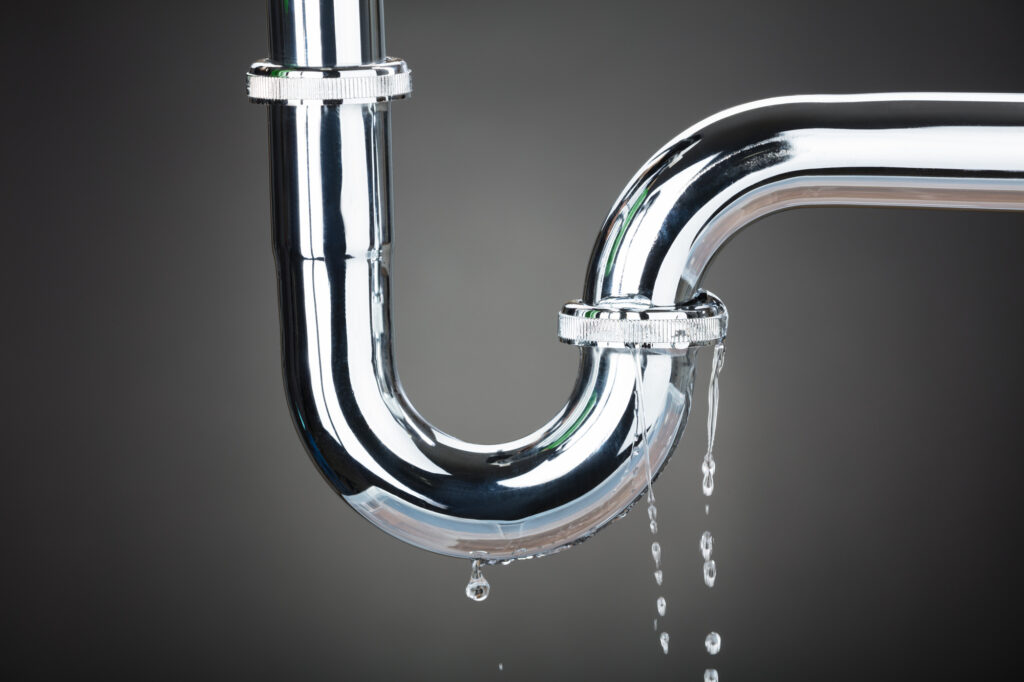
source: pinterest.com
Low temperatures can result in pipes contracting and expanding, potentially resulting in leaks within your plumbing system. These leaks can be hidden behind walls or in crawl spaces, making them challenging to detect until they cause significant damage.
What to Do:
- Watch for signs of water stains, mould growth, or a musty odour, which may indicate a hidden leak.
- If you have suspicions of a leak but cannot pinpoint its source, it is advisable to contact a plumber for a comprehensive assessment and any essential repairs.
Inadequate Insulation
Insufficient insulation around pipes, especially in unheated areas like attics or basements, can make them vulnerable to freezing. Proper insulation is vital for preventing frozen pipes and associated emergencies.
What to Do:
- Inspect the insulation around exposed pipes and ensure it is in good condition.
- Consider adding additional insulation to vulnerable areas.
- If you’re unsure about the insulation, consult a professional plumber for guidance and upgrades.
Conclusion
Plumbing emergencies during the winter can be troublesome and potentially harmful to your residence. Recognizing the signs of these emergencies and knowing how to respond is crucial for preventing extensive damage and costly repairs. While some issues can be addressed with DIY efforts, it’s equally important to recognize when to call an emergency plumber for professional assistance. Being prepared and proactive in addressing winter plumbing emergencies ensures that your plumbing system remains functional, and your home remains safe and comfortable during the colder months.

